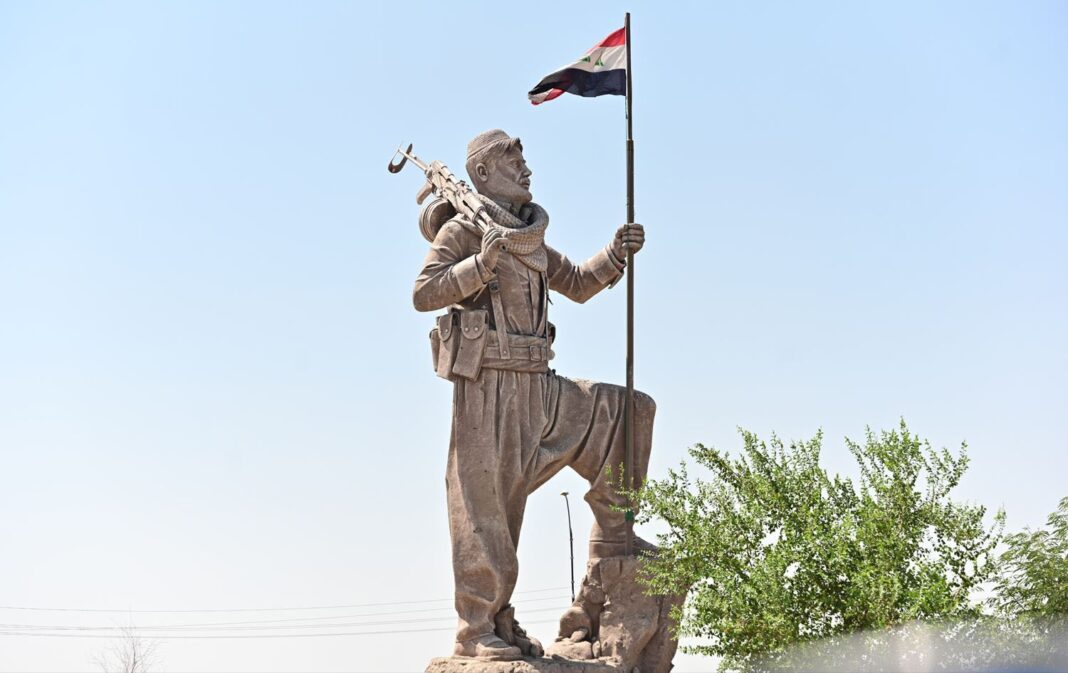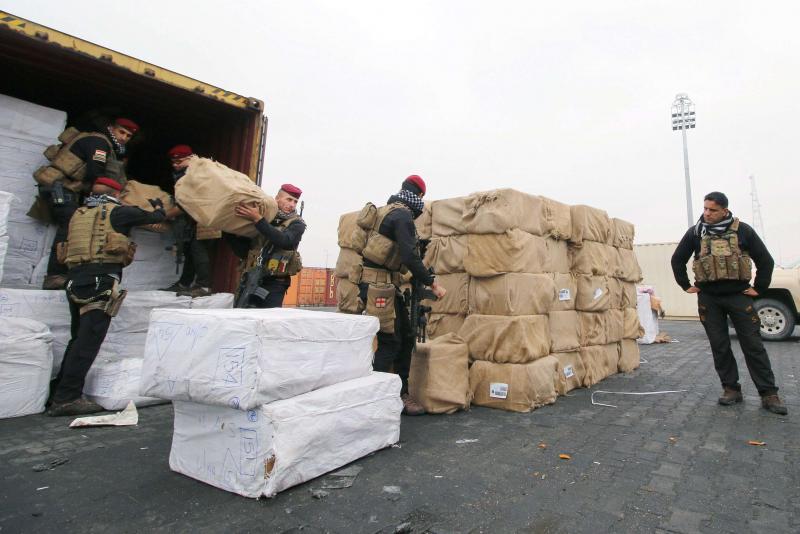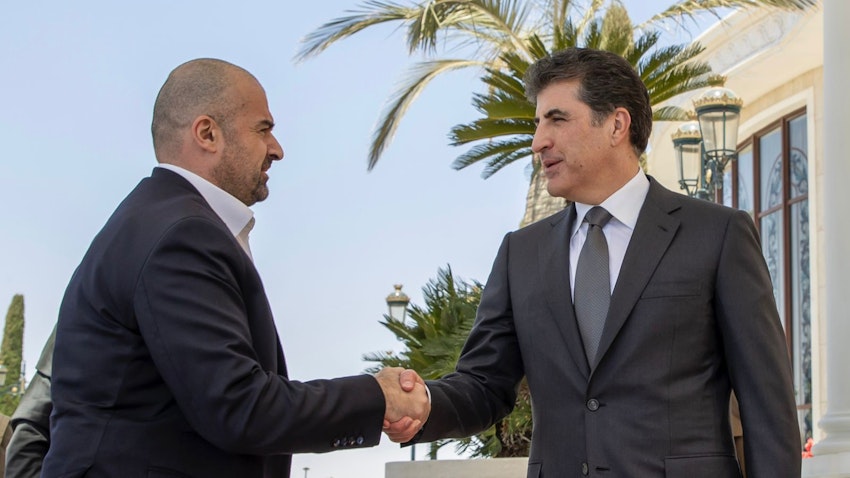Kirkuk voter list controversy has intensified after Iraq’s electoral commission approved an updated registry for the province ahead of the national elections. The Independent High Electoral Commission’s decision sparked political tension and renewed disputes among Kirkuk’s ethnic groups.
On Friday, the commission announced that it had completed a full audit of Kirkuk’s voter records. It approved the revised list as the official reference for the November 11, 2025 parliamentary elections. The move came after months of verification work and received unanimous support from all commission members.
However, Turkmen political leaders immediately rejected the decision. Hasan Turan, a prominent Turkmen figure, argued that the new list violates Iraqi law and a prior Supreme Court ruling. He insisted that the elections must rely on the verified registry used in past cycles. Turan urged the judiciary to intervene and ensure fair and transparent voting procedures.
The voter registry in Kirkuk remains one of Iraq’s most controversial election issues. It directly reflects the province’s fragile demographic balance among Arabs, Kurds, and Turkmen. Political groups often link voter eligibility to ethnic identity, which has repeatedly delayed elections since 2005.
Currently, Kirkuk will elect 13 representatives to Iraq’s 329-seat parliament. The race includes 252 candidates, among them 73 women. Kurdish parties have united behind a single list, while Arab and Turkmen factions remain divided. This division could intensify competition in the already tense province.
According to electoral expert Ali Khaled, the new decision could either calm or inflame local tensions. “Approving a verified list might build confidence,” he said, “but resistance from key factions may spark renewed conflict.” Khaled explained that mutual distrust continues to shape Kirkuk’s political climate despite years of negotiation efforts.
Moreover, analysts believe the commission’s move aims to demonstrate technical progress and institutional transparency. Yet, critics warn that rushing implementation without community consensus could undermine public confidence in the entire election process. Political observers say resolving the registry issue requires both legal clarity and inclusive dialogue.
Kirkuk’s history adds further complexity. The province, rich in oil and cultural diversity, has been a flashpoint for decades. In 2017, control shifted back to Iraq’s federal government after the Kurdish independence referendum. That shift left deep political scars and ongoing disputes over governance, power-sharing, and representation.
Despite these challenges, Iraqi authorities insist that preparations for the November elections will continue on schedule. Officials emphasize their commitment to maintaining transparency and restoring trust in national institutions. However, with tensions rising, Kirkuk remains a test case for Iraq’s fragile democracy.
In conclusion, the Kirkuk voter list controversy reveals the deep divisions shaping Iraq’s electoral landscape. Political leaders now face the urgent task of balancing legality, fairness, and community trust. As election day nears, the outcome in Kirkuk could influence Iraq’s broader path toward stability and unity.
Ultimately, the Kirkuk voter list controversy highlights how electoral decisions can define both political legitimacy and national cohesion.



